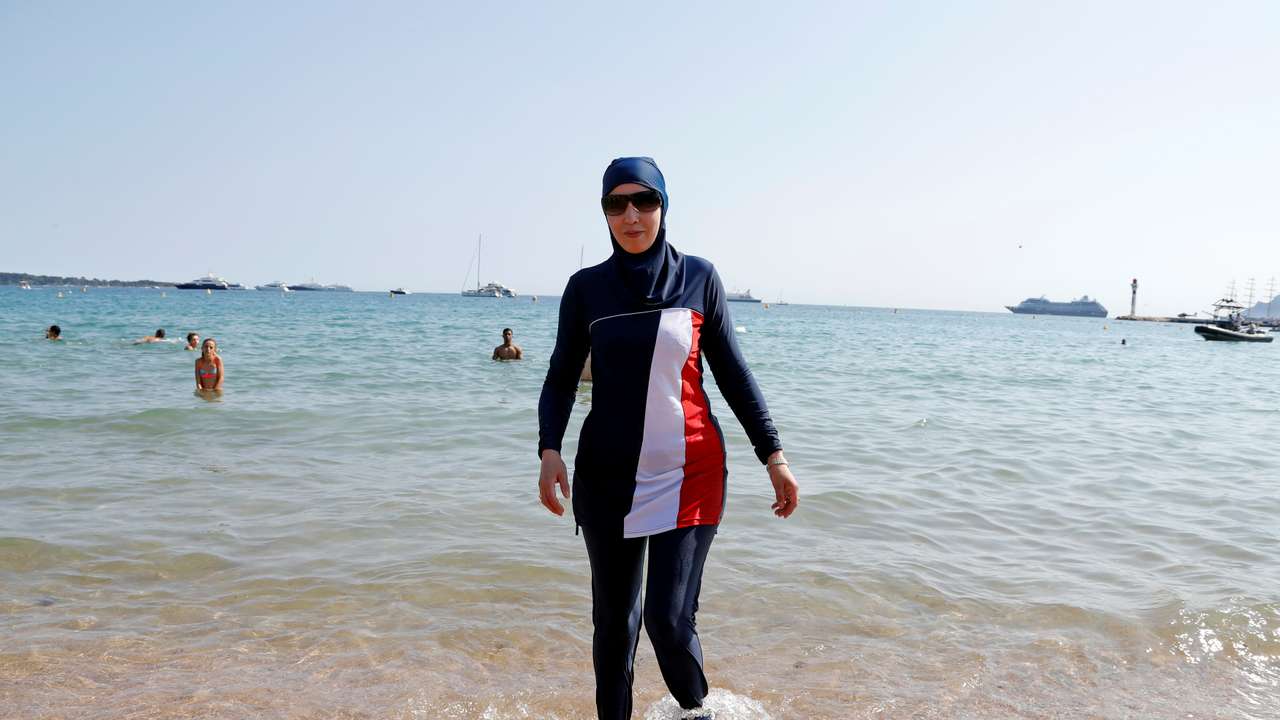The order was issued by the country’s tourism ministry as part of a set of new rules introduced on June 9.
Burkinis, made up of two words, “burka” (a full-body Islamic covering) and “bikini”, are full-body swimsuits that allow Muslim women to bathe while respecting the principles of modesty.
It typically includes long sleeves, full-length pants, and a head covering, whereas bikinis, on the other hand, are western-styled fashion two-piece clothes that typically cover only the breasts, groin, and buttocks and leave other body parts, including the stomach, back, shoulders, arms, and legs exposed.
The swim dress code is the first set of national dress guidelines released by the authorities since President Bashar al-Assad was removed from power in December.
According to the statement, the new rules are designed to respect public decency and reflect what officials describe as the feelings of different groups in society.
According to the order, women’s swimwear must cover more of the body, citing the burkini as an example.
Also, under these new guidelines, women are expected to wear loose clothing outside swimming areas, while men must avoid being bare-chested in public spaces such as hotel lobbies or restaurants.
The new policy further urges people to avoid wearing very tight or see-through clothing in public areas around beaches and pools.
However, an exception has been made for private clubs, hotels rated four stars or higher, and luxury resorts.
In those settings, Western-style swimwear is still allowed but must stay within what officials call the limits of public taste and morality.
This is the first time Syria’s new leadership has issued official rules about how people should dress in public.
Since Islamist-led rebels took power, posters have appeared in some areas asking women to dress modestly, but there had been no formal national policy until now.
A temporary constitution passed earlier this year increased the influence of Islamic law in the country, although leaders have avoided giving clear answers about how far that influence will go.
The tourism ministry’s announcement also included general beach safety advice, such as avoiding strong sun and watching out for jellyfish, but the focus of the rules has been on public behaviour and clothing.
